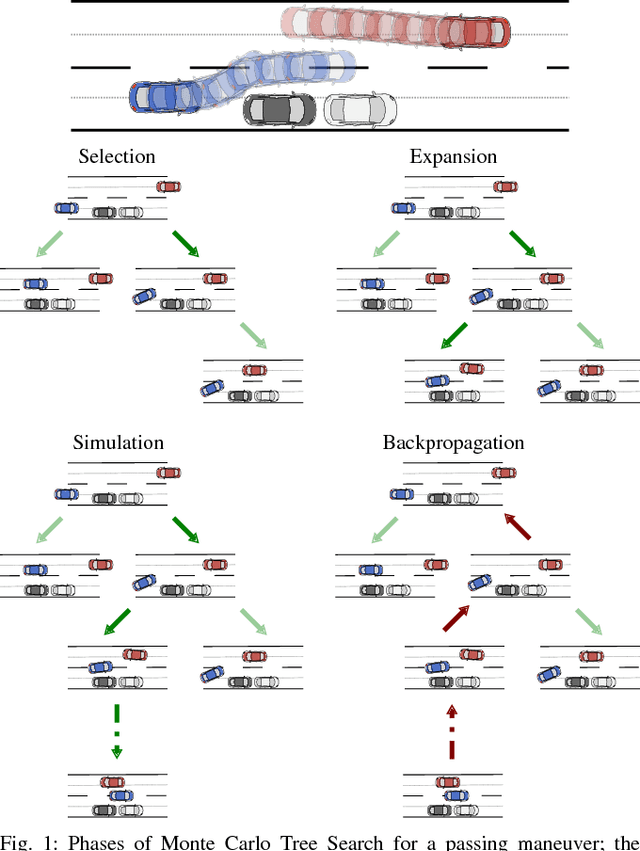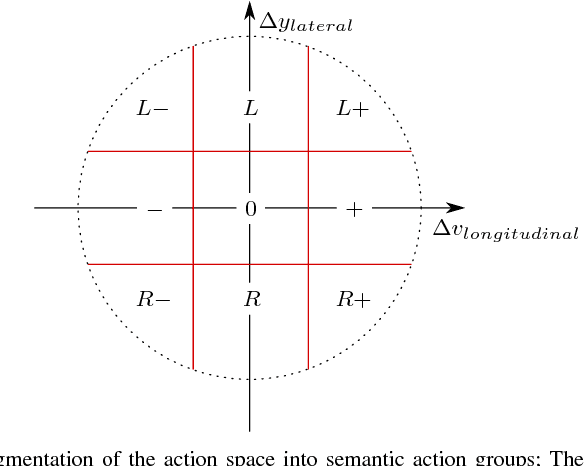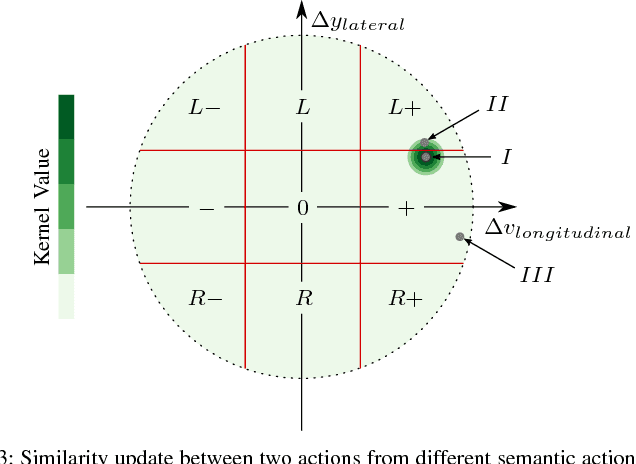Decentralized Cooperative Planning for Automated Vehicles with Continuous Monte Carlo Tree Search
Paper and Code
Sep 10, 2018



Urban traffic scenarios often require a high degree of cooperation between traffic participants to ensure safety and efficiency. Observing the behavior of others, humans infer whether or not others are cooperating. This work aims to extend the capabilities of automated vehicles, enabling them to cooperate implicitly in heterogeneous environments. Continuous actions allow for arbitrary trajectories and hence are applicable to a much wider class of problems than existing cooperative approaches with discrete action spaces. Based on cooperative modeling of other agents, Monte Carlo Tree Search (MCTS) in conjunction with Decoupled-UCT evaluates the action-values of each agent in a cooperative and decentralized way, respecting the interdependence of actions among traffic participants. The extension to continuous action spaces is addressed by incorporating novel MCTS-specific enhancements for efficient search space exploration. The proposed algorithm is evaluated under different scenarios, showing that the algorithm is able to achieve effective cooperative planning and generate solutions egocentric planning fails to identify.
 Add to Chrome
Add to Chrome Add to Firefox
Add to Firefox Add to Edge
Add to Edge